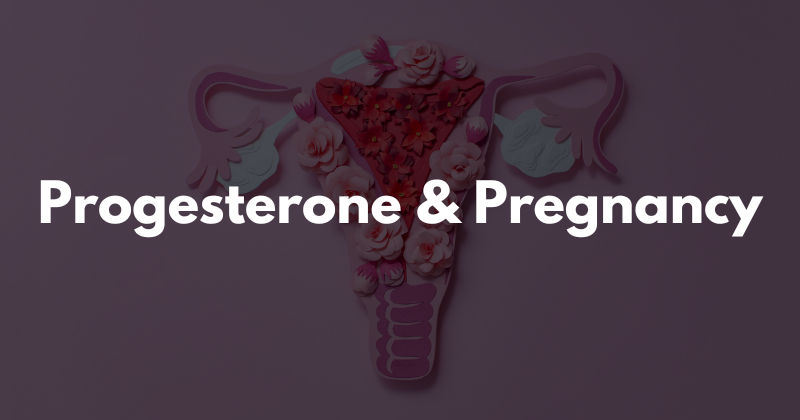ItsDo You Need Genetic Counseling?
By Amy Vance, MS, CGC
Family history risk assessment enables couples who intend to use donated eggs to make informed decisions about potential genetic risks prior to donor selection and pregnancy. Donor agencies can provide genetic counseling services so that the IVF doctor and the intended parents fully understand the implications of the genetic information they have.
What is genetic counseling?
Genetic tests do not yield easy-to-understand results. Its helps you understand and use the results of the genetic testing to make informed decisions. Genetic counseling is the process of helping people understand and adapt to the medical, psychological and familial implications of genetic contributions to disease. This process integrates:
- Interpretation of family medical histories to assess the chance of disease occurrence or recurrence
- Education about inheritance, testing, management, prevention, resources and research
- Counseling to promote informed choices and adaptation to the risk or condition.
The purpose of the genetics consult for ovum donors
Unfortunately, genetic screening is limited and genetic counseling services are rare for ovum donors. Ovum donors are typically screened through the use of a family questionnaire as part of their profile, usually focusing only on first degree relatives and grandparents. The majority of questionnaires omit half-siblings, nephews, aunts, uncles and cousins.
Most ovum donor programs do not utilize genetic counseling services for family history risk assessment (hereafter called genetic risk assessment, or GRA) and do not obtain a three generation pedigree (family history).
If a potential donor has a positive genetic test result, many donor agencies do not refer her for genetic counseling. Therefore the implications of the genetic test results are not adequately addressed with the donor and her family.
The benefits to intended parents
Having a thorough review and interpretation of the family medical history helps ensure that intended parents have not only completed information, but also interpretation of potential risks to their offspring.
A copy of the family tree, or “pedigree,” is provided to the intended parents for their records. For a couple using an anonymous gamete donor, this may be the most detailed information they receive about the medical history of their offspring’s family.
Sometimes there is new information that comes up during the genetics consult that was not elicited by the profile, or there is a genetic test result on the donor which is positive. There are difficult circumstances that on occasion lead to the intended parent deciding not to go forward with the donor. Knowing this information prior to a pregnancy and having the opportunity to make decisions accordingly is important.
Risk assessment includes:
- Donor’s pregnancy history
- Donor’s health history
- Family history of mental retardation or birth defects
- Personal or family history of stillbirth/miscarriage/neonatal death
Why is ethnicity important?
In almost every population or ethnic group, certain genetic conditions occur more frequently than in the general population. Once a genetic mutation occurs in an individual or population, it is conserved from generation to generation over many years as people mate and marry with partners from the same geographic region or racial background as themselves. Specific conditions occur more commonly in different ethnic groups. All are inherited in an autosomal recessive fashion, meaning that both parents have to be carriers for the same condition in order to have an affected child. The only way to know if someone is a carrier for a recessive disorder is to have carrier screening.
Why don’t all ovum donors have a genetic risk assessment?
There are currently no regulations requiring a genetic consultation/family history risk assessment for ovum donors. Many are still not widely using GRA due to limited awareness and various reasons:
- Limited or no awareness of what the GRA is and how it is useful to donor programs, intended parents and IVF physicians.
- Perception that genetic testing is the same as the GRA.
- Donor agencies may worry that the GRA will complicate the donation process or deter intended parents from certain donors.
- There are no requirements for GRA by the American Society of Reproductive Medicine at this time.
Empower yourselves by asking your donor agency/IVF center about a performed GRA and obtaining a copy for your records. If a GRA has not been performed, intended parents can request that this occur. If more parents recognize the GRA’s value and request it, it might become a standard practice in the future.
Wendy Arker entered the field of infertility with a huge heart and passion to guild others on their quest to grow their own family after her personal journey with infertility and turning to egg donation and sperm donation to create her own family. Being a single-mother-by-choice, Wendy understands firsthand the unique way families are built. Whether you’re a married couple, single, or LBGTQ, Creative Love is committed to assisting you.






















